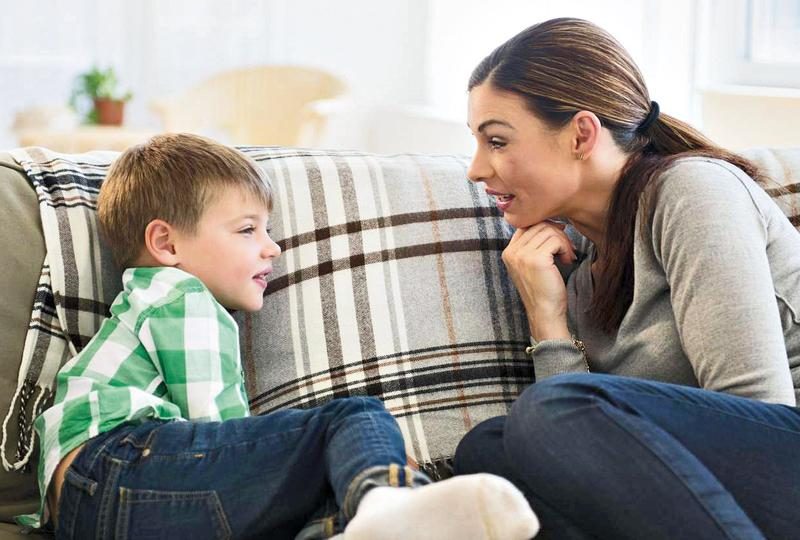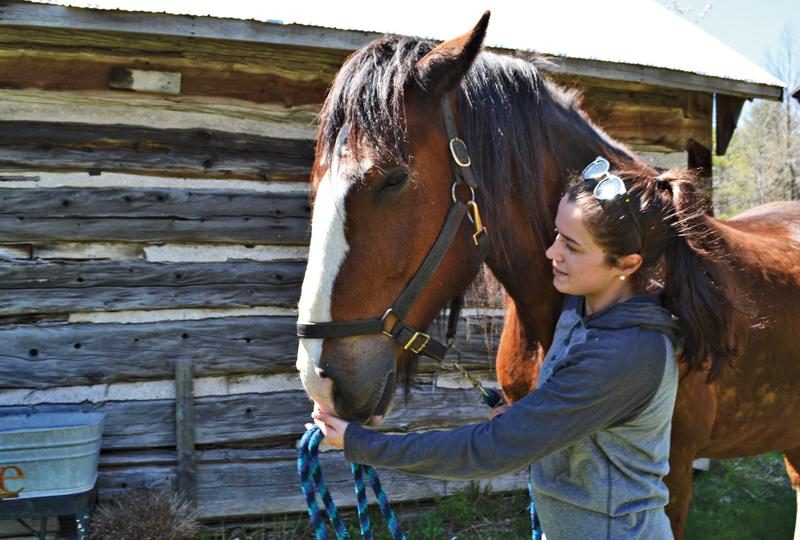The politics of family
Family politics can be tough, even tougher when kids are involved.
The first time I went through that kind of situation was when my wife and I announced that we would be adopting a child. Some members of my family thought that this was potentially a poor decision, and made that clear to us. Now, I’ve since learned in my role as a teacher of the adoption course that my family’s reaction was pretty tame in comparison to some of the things that other adoptive couples face. Still, for the first time in my experience, a difference of opinion with my family had direct implications on my children.
After all, it would be very unhealthy for us to bring a newly adoptive child to visit family who weren’t able to accept and support him fully. Adoptive kids have already gone through too much trauma and rejection. They don’t need it from their adoptive families also. So we had to sit down and explain those things to my family, tell them that they needed to be fully on board with our decision or we wouldn’t feel comfortable bring our family around to visit.
Everything worked out in the end, and my family is now more than comfortable with our decision to adopt, but these kinds of cases can arise in many other areas also. They pop up every time kids are around and affected by the regular politics and disagreements of a family. Some of these things are obviously small (people bickering about where to hold Christmas dinner this year), but sometimes they can be quite serious (an aunt being ostracized from the family, a cousin going to prison, a couple getting divorced, a grandparent passing away). All these things create strong family emotion and politics, and the effect on kids is real.
They see the big people in their lives, the people they love and who love them, disagreeing strongly and emotionally over big issues. Even if all the big people involved conduct themselves appropriately, that can be stressful on kids, but too often those big people don’t model very good conflict resolution. They can sometimes be cruel and hurtful to each other in ways that they wouldn’t dream of with people outside the family, and the kids are there to witness it, sometimes forced to take sides in it.
In my family, for example, there are some sharp disagreements on certain issues. Though people generally get along, and though people are generally civil to each other even when they disagree, there are wide differences of opinion on religion (from fairly conservative Christian to strongly Atheist), politics (with supporters for every major political party in Canada besides the PQ), and the environment (yes, we even have climate change deniers). The conversation around the table at family dinners can sometimes get quite heated, and the kids are all there observing.
This is why it’s so important for families to disagree with each other in positive ways. If what the kids see at the table is that the adults believe in things strongly enough to be passionate about them and to take them seriously, that’s a good thing. If what they see is that passion becoming hurtful and cruel, however, then it quickly becomes harmful.
It’s not a bad thing to disagree as a family in front of the kids, we just need to do it well. We need to respect each other, give each other room to speak, listen with empathy, check our facts, rely on good evidence rather than hearsay, avoid personal attack, and always end knowing that we still love one another. That way our kids can learn how to disagree well too.







